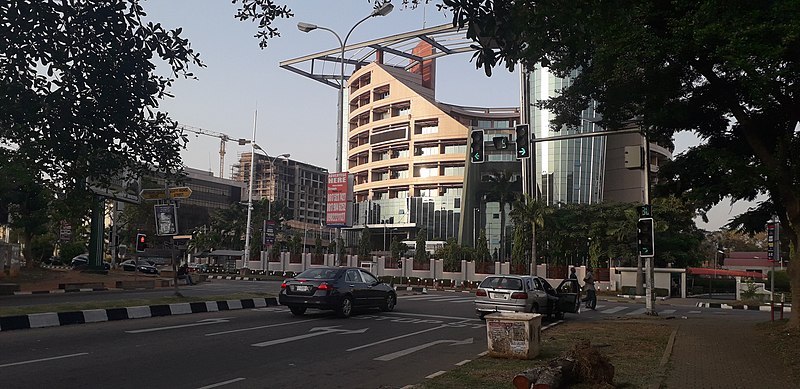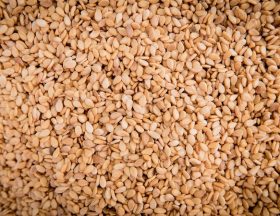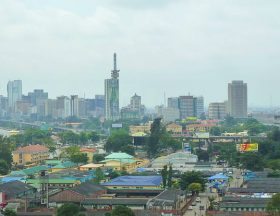Central banks buying gold from local producers has been a successful strategy in African countries for some years now. It enables these institutions to strengthen their foreign exchange reserves and improve the effectiveness of their monetary policies.
In Nigeria, the national programme to purchase gold from domestic producers has already boosted the Central Bank’s foreign exchange reserves by more than $5 million. At least, this is what Minister of Solid Minerals Development Dele Alake said during an audience with President Bola Tinubu last weekend.
During the audience, the Minister presented the Head of State with gold ingots linked to the first commercial transaction carried out under the President’s Artisanal Gold Mining Development Initiative (PAGMI). As part of the implementation of the initiative, in 2020 the authorities introduced a programme enabling the Central Bank of Nigeria (CBN) to source gold from artisanal miners by paying in naira, the local currency.
“The programme has increased the country’s foreign exchange reserves and shown that using the Nigerian naira to buy a liquid asset traded in US dollars, such as gold, is a viable strategy. This transaction has also highlighted the potential of the national gold purchase programme to strengthen fiscal and monetary stability”, explained Mr Alake, adding that some 6 billion naira have been injected into the rural economy as a result.
It should be emphasised that the gold purchase programme also brings Nigeria into line with several countries around the world, whose central banks have increased their net purchases of gold in recent months. In April 2024, for example, net gold purchases by central banks reached 33 tonnes, compared with 3 tonnes in March of the same year, according to the World Gold Council (WGC).
According to a WGC survey, 29% of the central banks questioned intend to increase their gold reserves over the next twelve months. These purchases are partly motivated by rising inflation and concerns on the financial markets.
As a reminder, Nigeria has large reserves of gold underground, but is struggling to fully exploit its potential due to illegal mining. Between 2012 and 2018, the authorities estimate that 97 tonnes of gold were smuggled out of the country. The gold-purchasing programme is also a means of combating illegal mining phenomenon.
































Réagissez à cet article